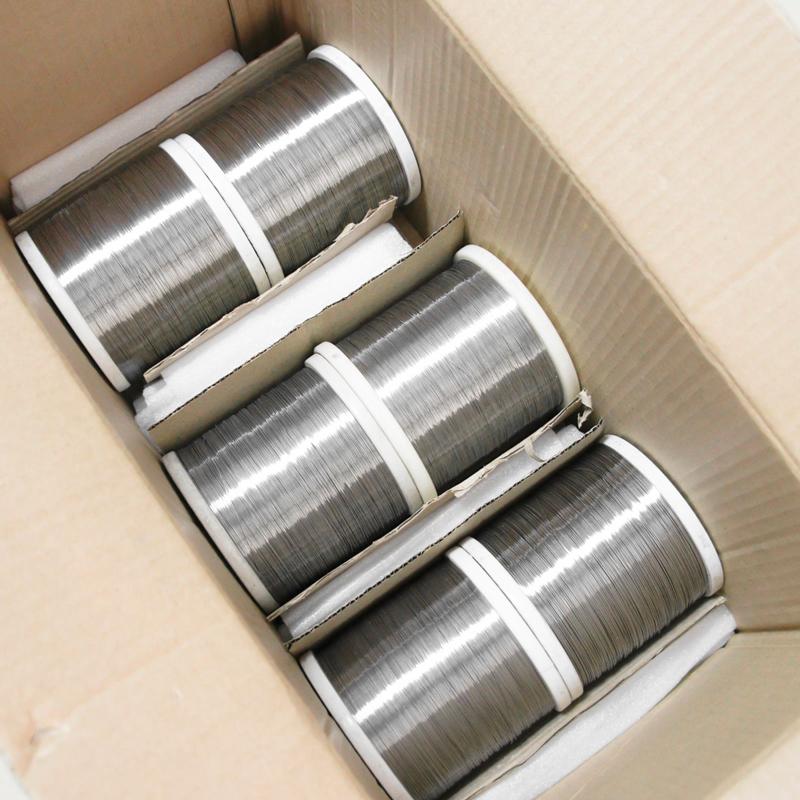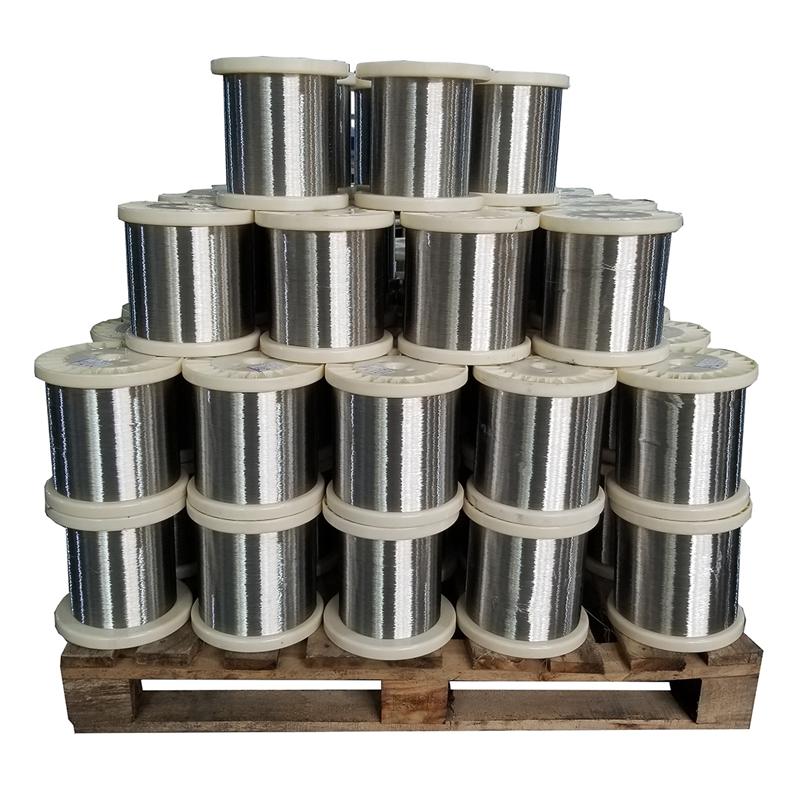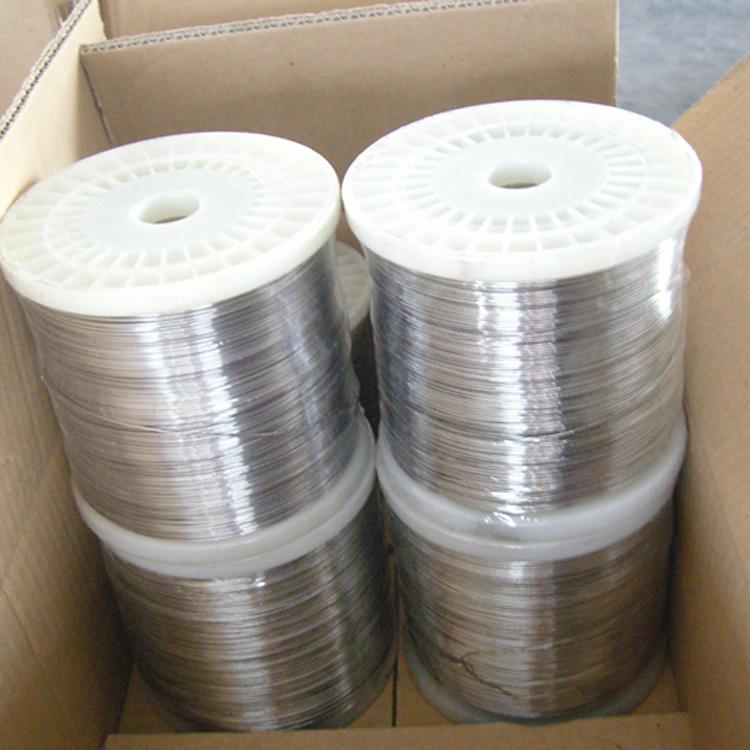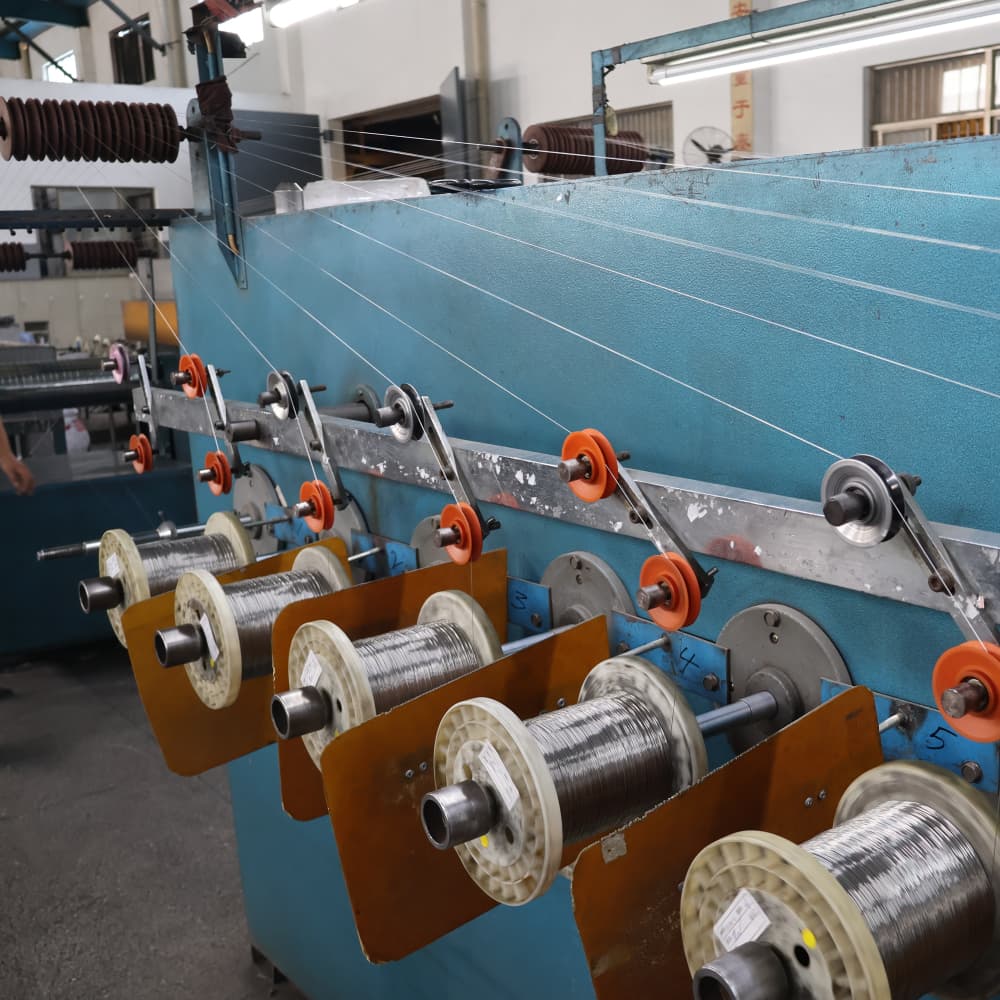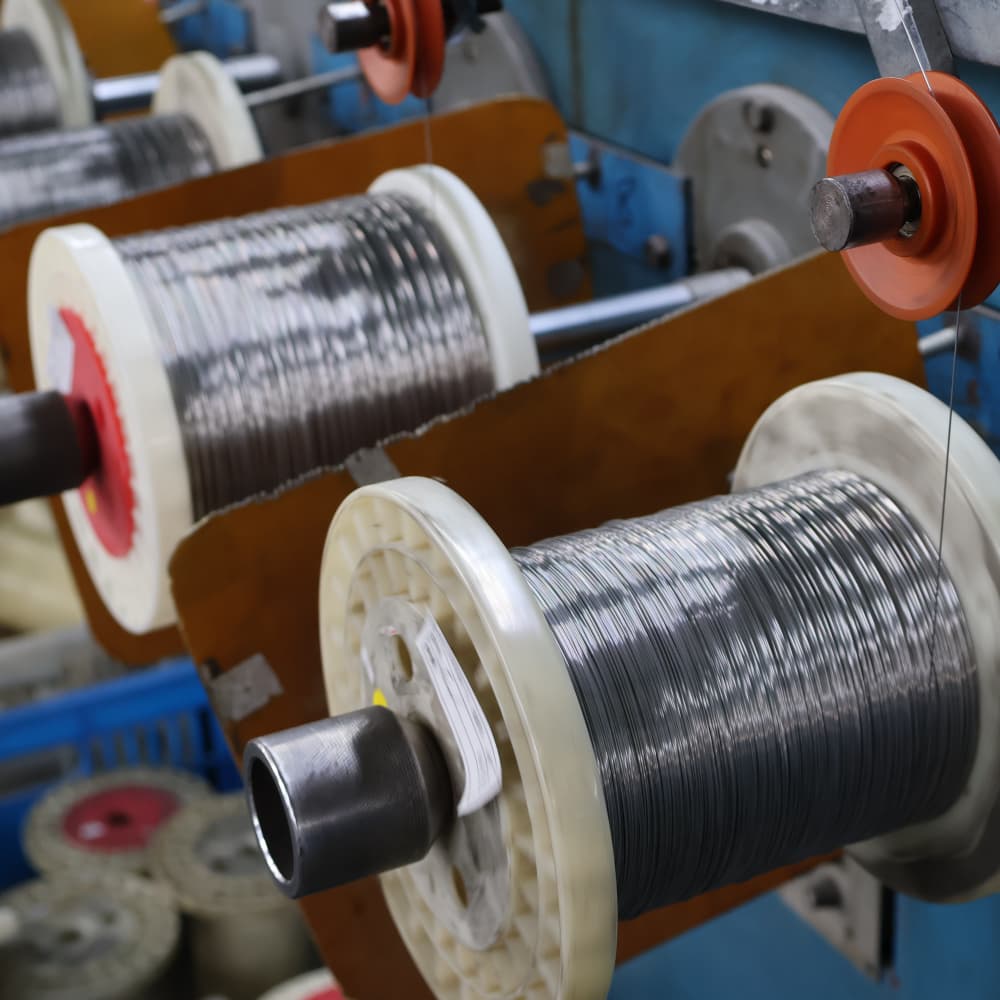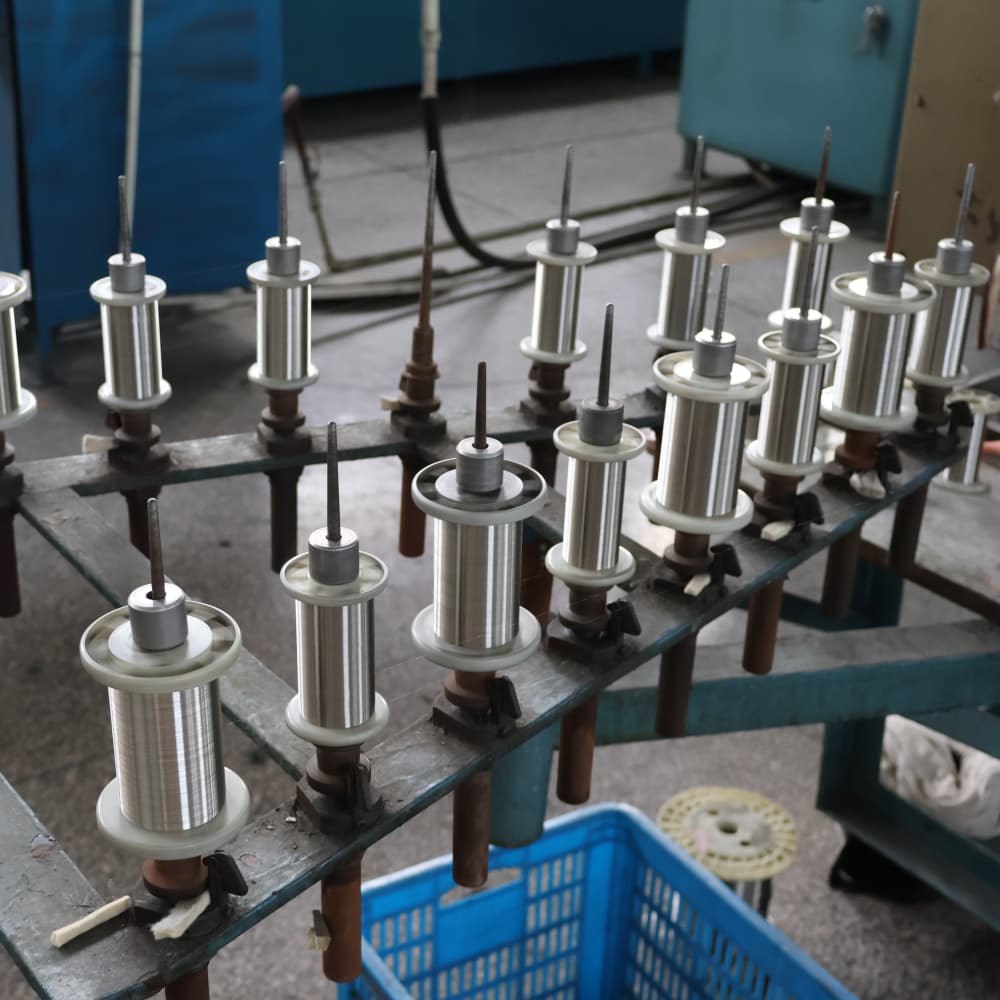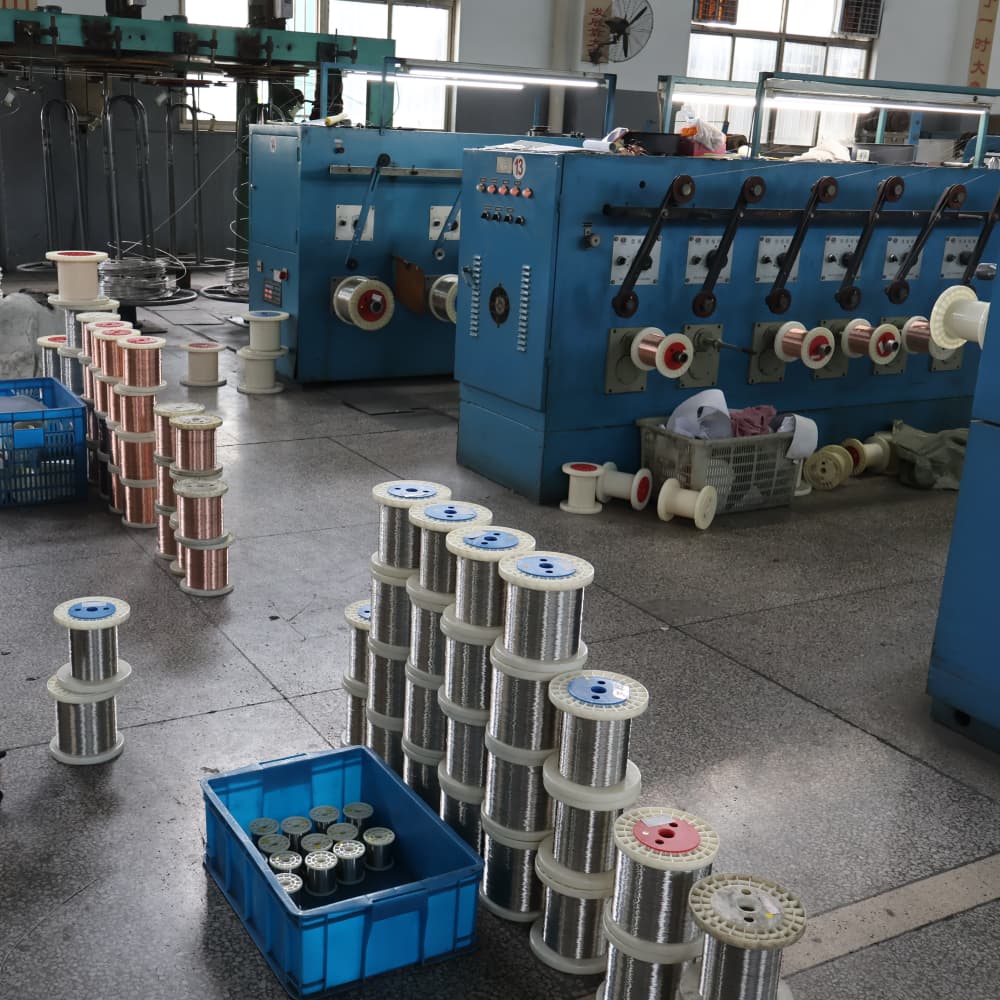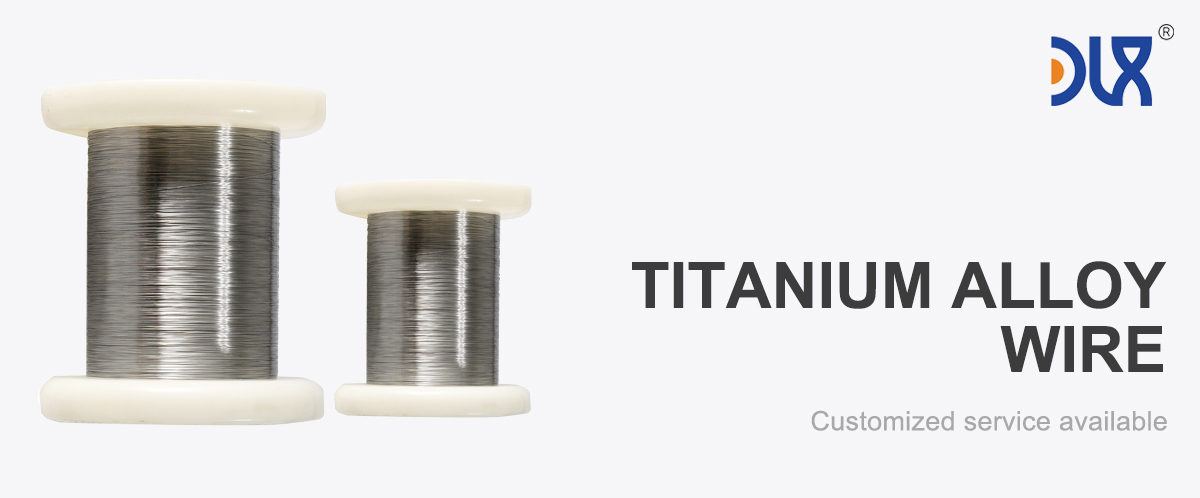
Our ultra-thin Titanium Wire is a game-changer for microelectronics and sensors, delivering the precision, durability, and lightweight properties needed for cutting-edge technology. Made from Grade 1 (99.5% pure titanium) or Grade 2 (99.2% pure titanium), this wire meets ASTM B863 standards, ensuring top-tier quality for delicate applications. It’s perfect for conductive traces, micro-connectors, and structural supports in devices like wearables, IoT sensors, and medical electronics.
Available in diameters as fine as 0.05mm up to 2mm, our wire comes in coils, spools, or custom-cut lengths to fit your production needs. Its high ductility makes it easy to shape into intricate components, while its corrosion resistance ensures reliability in harsh environments. Whether you’re building a tiny sensor for a smartwatch or a microelectronic component for a medical device, our ultra-thin titanium wire offers the performance you need with a lightweight edge.
Our ultra-thin titanium wire is a standout for microelectronic and sensor applications. Grade 1’s tensile strength of 240-370 MPa and Grade 2’s 345-450 MPa provide enough strength for tiny components, with exceptional ductility for shaping into fine wires or complex structures. Compared to copper (200-400 MPa), titanium is much lighter at 4.51 g/cm³ versus copper’s 8.96 g/cm³, reducing weight in compact devices. While copper is highly conductive, our wire shines in non-conductive or structural roles where corrosion resistance is critical.
This wire resists corrosion from moisture, chemicals, and salts, unlike copper, which oxidizes over time, making it ideal for sensors in humid or saline environments. Its high formability allows for precise bending and shaping without cracking, perfect for micro-connectors or sensor supports. Grade 1 handles temperatures up to 350°F (177°C), and Grade 2 up to 400°F (204°C), ensuring stability in temperature-sensitive electronics. Its high purity minimizes defects, delivering consistent performance in sensitive applications.
| Titanium (Ti) | Aluminum (Al) | Vanadium (V) | Tin (Sn) | |
| Ti-6Al-4V | Rest | 5.5%-6.8% | 3.5%-4.5% | |
| Ti-5Al-2.5Sn | Rest | 4.5%-5.5% | 2.0%-3.0% |
Physical Properties
| Density | 4.4-4.5g/cm³ |
| Melting Point | 1660°C |
| Coefficient of Thermal Expansion | 8-10×10⁻⁶/K (20°C-500°C) |
| Thermal Conductivity | 6-22 W/(m·K) (depending on alloy grade) |
| Electrical Resistivity | 0.14-0.17 μΩ·m |
| Tensile Strength | 600-1200 MPa (depending on alloy grade) |
| Yield Strength | 480-1100 MPa |
| Elongation at Break | 10%-25% |
| Hardness | 200-400 HB |

For more details, pls directly contact us.
The microelectronics and sensor industries are booming, and our ultra-thin titanium wire is right in the mix. The global electronics market is projected to grow, driven by demand for miniaturized, high-performance devices like wearables, IoT sensors, and medical electronics. Titanium’s lightweight and corrosion-resistant properties make it a top choice for components that need to perform reliably in compact, challenging environments.
Miniaturization is a massive trend, with manufacturers pushing for smaller, more efficient components. Our wire’s ultra-thin diameters and ductility are perfect for crafting micro-parts like connectors or traces used in tiny devices. Sustainability is another key driver, as industries seek eco-friendly materials with long lifespans to reduce waste. Our wire’s recyclability and durability align with these goals, making it a smart choice for green manufacturing.
Additive manufacturing is gaining ground, with 3D printing enabling custom, lightweight components for sensors and electronics. Our wire is compatible with wire-based 3D printing, supporting innovative designs like optimized sensor housings. Cost is a factor, as titanium is pricier than copper due to its complex production, but advancements in recycling and efficient processes are making it more affordable. Our streamlined manufacturing keeps prices competitive while delivering top-quality wire.
Applications of Ultra-Thin Titanium Wire
Our ultra-thin titanium wire is a star performer in microelectronics and sensors. In microelectronics, it’s used for micro-connectors, structural supports, and conductive traces in devices like wearables, smartphones, and medical electronics. In sensors, it’s ideal for components like supports or housings in environmental, automotive, or biomedical sensors, where its corrosion resistance and lightweight properties shine. Grade 1 is perfect for ultra-fine applications, while Grade 2 offers slightly more strength for sturdier components.
Beyond these fields, our wire is used in medical applications for biocompatible micro-implants, in aerospace for lightweight components, and in jewelry for hypoallergenic designs. But in microelectronics and sensors, this wire truly excels, enabling tiny, reliable components that power the next generation of smart technology.
Company Advantages: Why Choose Us
When it comes to ultra-thin titanium wire, we’re the ones to trust. Our decades of expertise in titanium production mean we deliver wire that meets ASTM B863 standards with unmatched consistency. Every batch is tested for purity, strength, and surface quality, ensuring it performs flawlessly in your microelectronic or sensor applications. We use state-of-the-art facilities to produce wire that’s fine, ductile, and ready for precision manufacturing.
Flexibility is a huge part of our edge. Need an ultra-fine 0.05mm diameter for a micro-connector or a custom length for a sensor? We tailor our wire to your exact specs. Our just-in-time supply chain delivers what you need, when you need it, keeping your costs down. We’re also ahead of the curve on trends like additive manufacturing and sustainable production, investing in R&D to ensure our wire supports the future of microelectronics.
Our technical support team is always on hand, whether you’re selecting the right grade or troubleshooting a manufacturing process. We keep prices competitive by streamlining production and sourcing high-quality raw materials, so you get premium wire without the premium price tag. Our commitment to sustainability means we’re adopting greener methods, aligning with the industry’s eco-friendly push. Choosing our ultra-thin titanium wire means choosing a partner dedicated to quality, innovation, and your success.
Comparison Parameters Table
|
Parameter |
Grade 1 Titanium Wire |
Grade 2 Titanium Wire |
Copper Wire |
|---|---|---|---|
|
Composition |
99.5% Ti (pure) |
99.2% Ti (pure) |
99.9% Cu |
|
Tensile Strength |
240-370 MPa |
345-450 MPa |
200-400 MPa |
|
Yield Strength |
~170 MPa |
~275 MPa |
~50-150 MPa |
|
Density |
4.51 g/cm³ |
4.51 g/cm³ |
8.96 g/cm³ |
|
Corrosion Resistance |
Excellent (moisture, chemicals) |
Excellent (moisture, chemicals) |
Poor (oxidizes) |
|
Electrical Conductivity |
Low (non-conductive uses) |
Low (non-conductive uses) |
Excellent |
|
Formability |
Excellent (highly ductile) |
High (very ductile) |
High |
|
Applications |
Microelectronics, sensors, medical |
Microelectronics, sensors, marine |
Electronics, wiring |
|
Cost |
Moderate |
Moderate |
Lower |
The future for ultra-thin titanium wire in microelectronics and sensors is looking bright. As demand for miniaturized, high-performance devices grows, our wire’s ductility and corrosion resistance will be in high demand. The rise of wearables, IoT sensors, and medical electronics will drive the need for lightweight, reliable materials. Additive manufacturing will continue to open new possibilities, from 3D-printed sensor components to custom microelectronic parts, and our wire is ready to support these innovations.
Sustainability will remain a key focus, and our eco-friendly production methods will keep us ahead of the game. With industries prioritizing energy efficiency and waste reduction, our wire’s recyclability and durability will be a big draw. Whether it’s a next-gen smartwatch or an environmental sensor, our ultra-thin titanium wire is poised to power the future of microelectronics and sensor technology.
Conclusion
Our ultra-thin titanium wire is the ultimate choice for microelectronics and sensors, offering unmatched ductility, corrosion resistance, and lightweight properties. From micro-connectors to sensor supports, it delivers the precision and reliability needed for cutting-edge devices. With industry trends leaning toward miniaturization, sustainability, and innovation, our wire is ready to shape the future of smart technology. Backed by our expertise, flexible production, and commitment to quality, choosing our titanium wire means choosing a partner built for success in microelectronics and sensor manufacturing.
For more details, pls directly contact us.
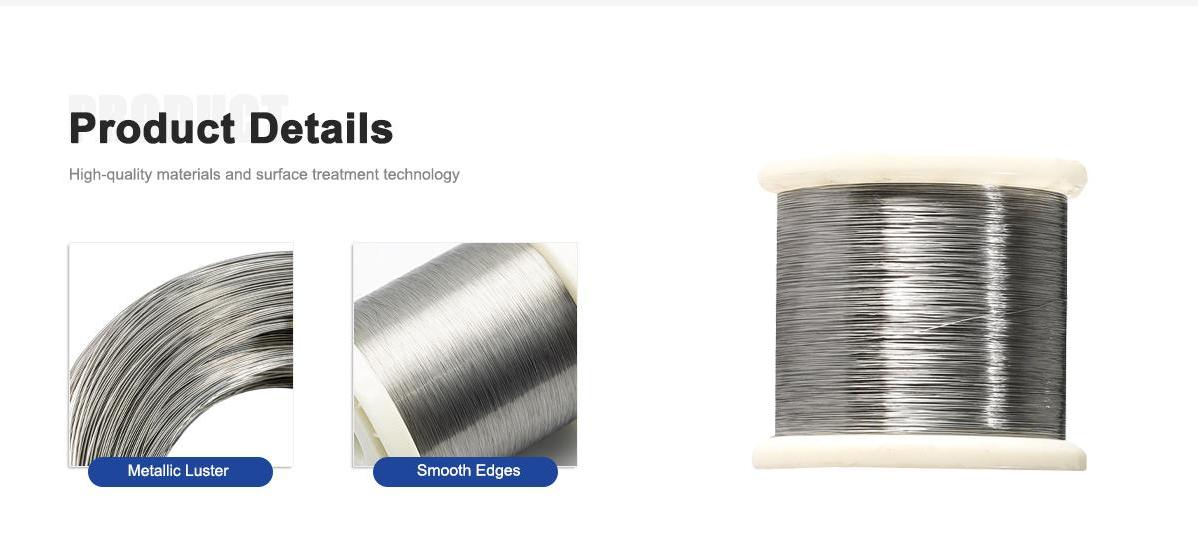
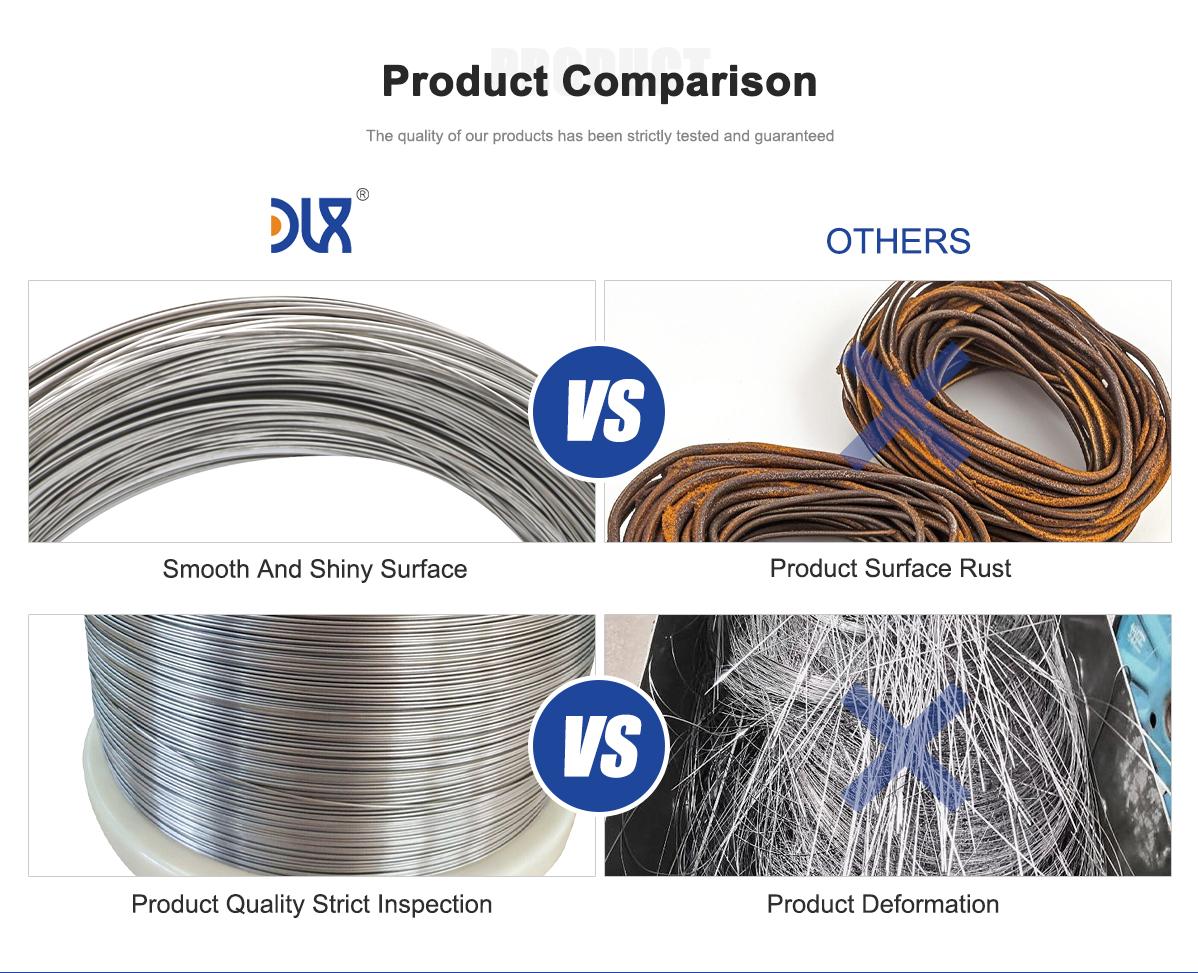
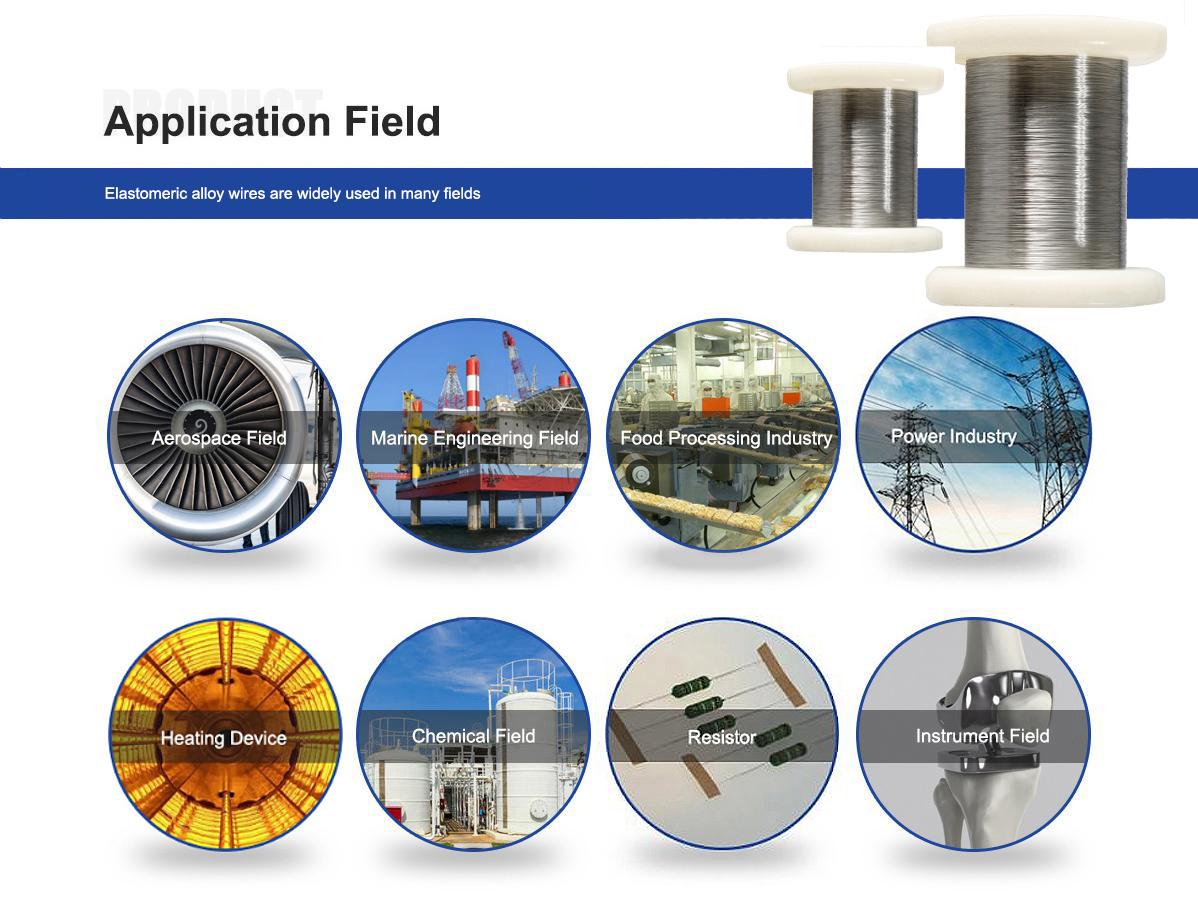
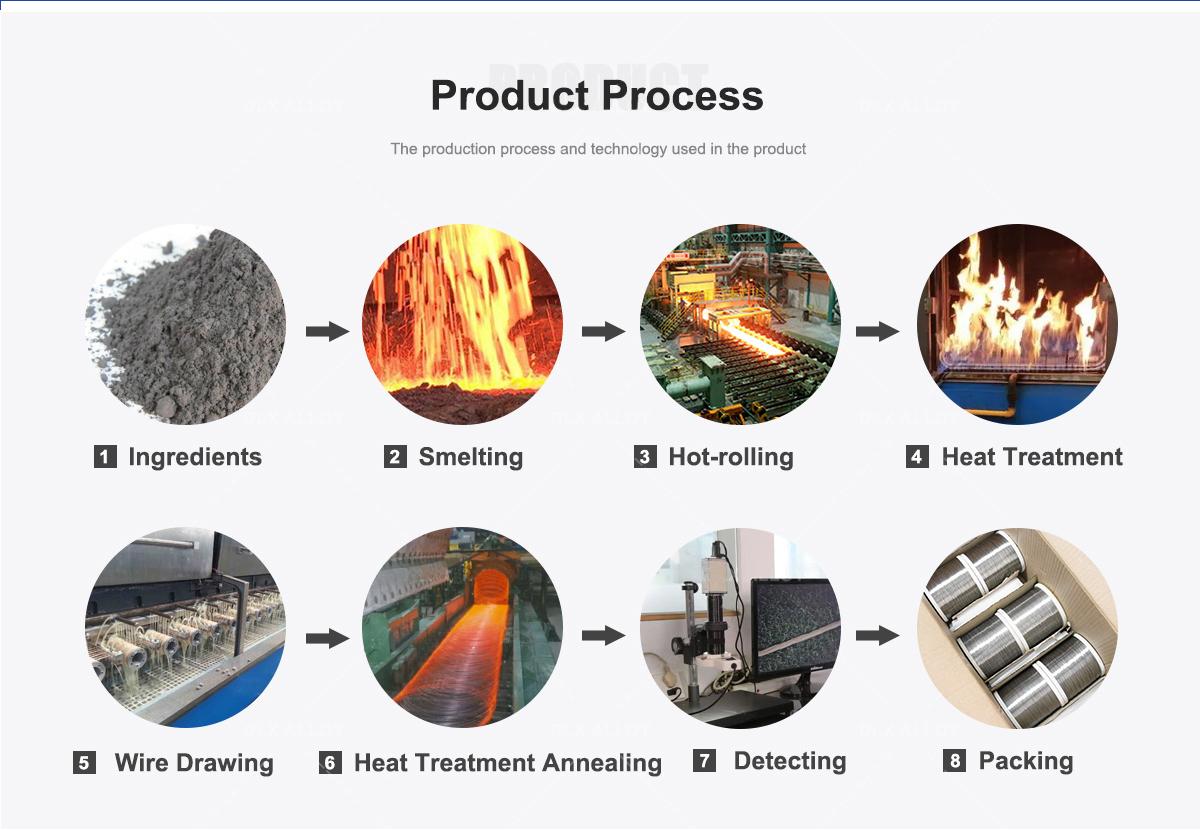
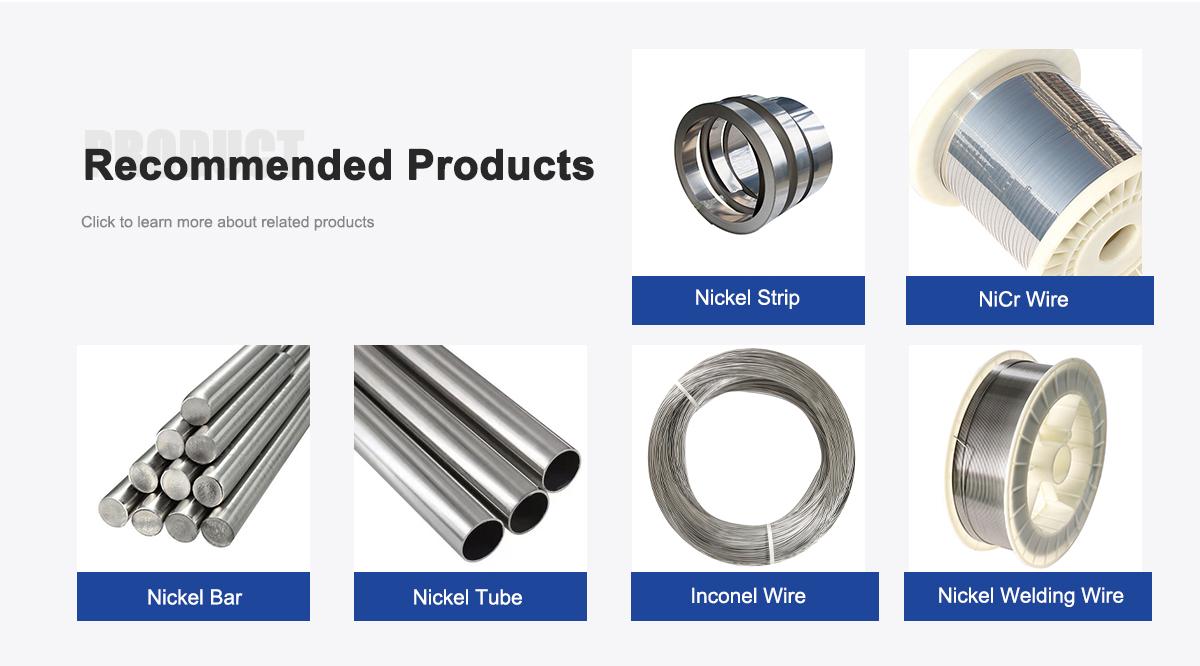
About Us:
Our 12,000㎡ factory is equipped with complete capabilities for research, production, testing, and packaging. We strictly adhere to ISO 9001 standards in our production processes, with an annual output of 1,200 tons. This ensures that we meet both quantity and quality demands. Furthermore, all products undergo rigorous simulated environment testing including high temperature, high pressure, and corrosion tests before being dispatched, ensuring they meet customer specifications.
For all our clients, we offer timely and multilingual after-sales support and technical consulting, helping you resolve any issues swiftly and efficiently.
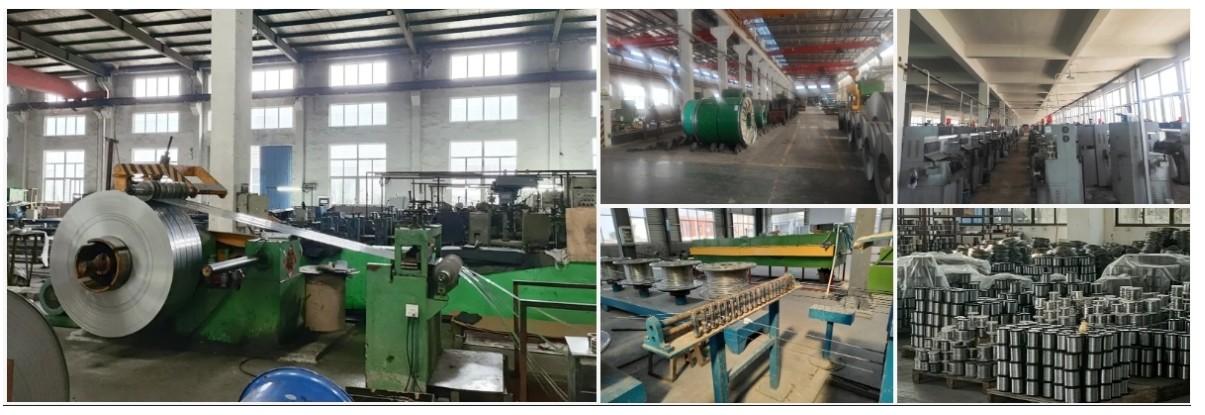
Client Visits
Building Stronger Partnerships
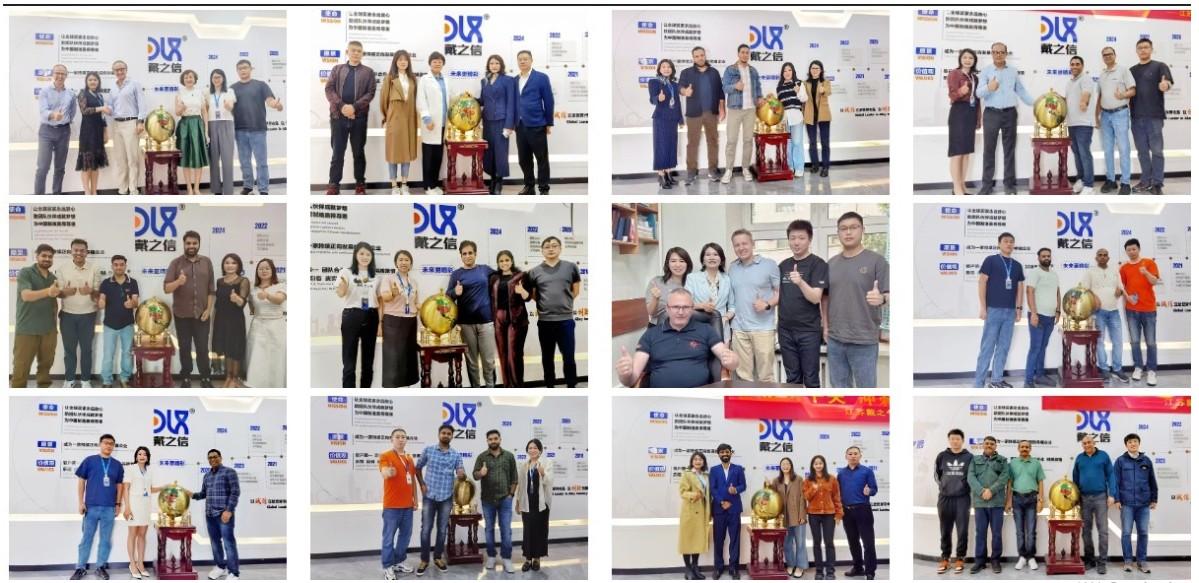
We support all kinds of testing:
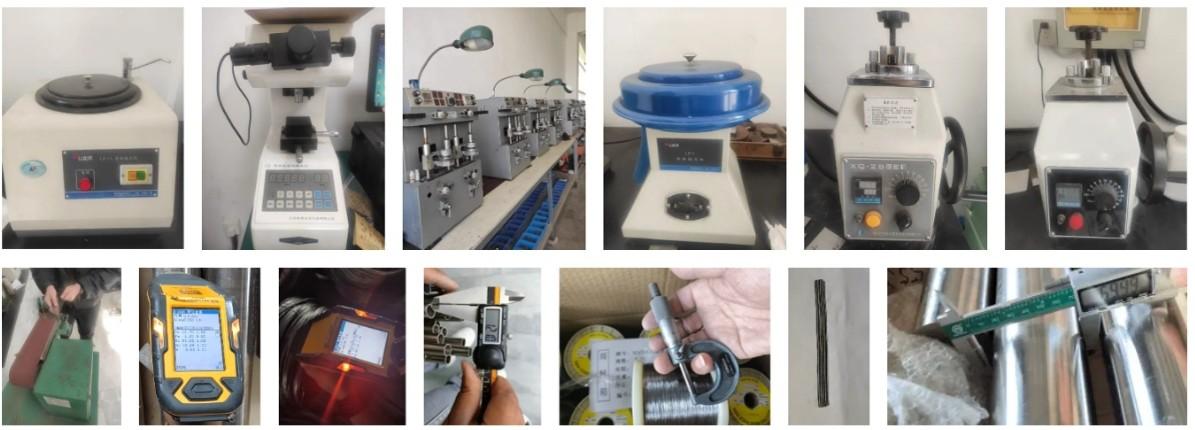

FAQs:
-
What is ultra-thin titanium wire made of?
It’s typically Grade 1 (99.5% pure titanium) or Grade 2 (99.2% pure titanium), offering high ductility and corrosion resistance for microelectronics. -
What are the main uses of ultra-thin titanium wire in microelectronics and sensors?
It’s used for conductive traces, micro-connectors, and structural supports in sensors, wearables, and microelectronic devices. -
How does ultra-thin titanium wire compare to copper for microelectronics?
Titanium is lighter and more corrosion-resistant than copper, though less conductive, ideal for non-conductive or structural micro-components. -
Is ultra-thin titanium wire suitable for harsh environments in sensors?
Yes, it resists corrosion from moisture, chemicals, and salts, ensuring reliability in sensors exposed to tough conditions. -
Can ultra-thin titanium wire be shaped for microelectronic applications?
Absolutely, its high ductility allows precise shaping into fine wires or intricate components without breaking. -
What industries besides microelectronics use ultra-thin titanium wire?
It’s used in medical, aerospace, and jewelry industries for its biocompatibility, lightweight properties, and corrosion resistance. -
How does ultra-thin titanium wire perform in temperature-sensitive electronics?
It handles temperatures up to 350°F (177°C) for Grade 1 and 400°F (204°C) for Grade 2, stable in microelectronic environments. -
What are the industry trends for ultra-thin titanium wire in microelectronics?
Demand is growing for lightweight, durable materials in miniaturized devices, with trends toward sustainable production and 3D printing.

